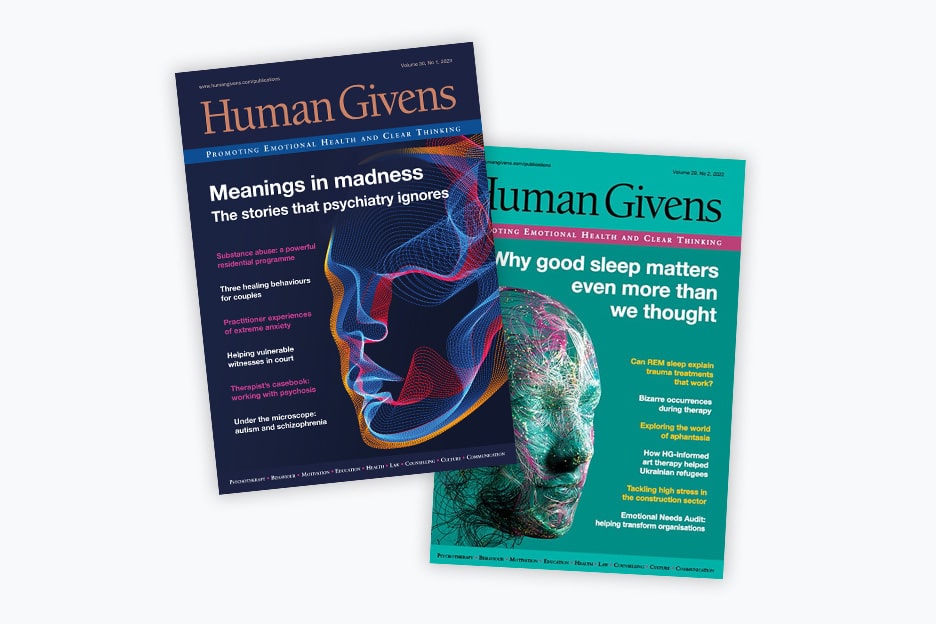Why You Don’t Always Have to Believe Psychological Research
Just try it out and see.
A comment from a client turned my mind to something that has been exercising me lately. He was seeing me because of anxiety, something that had long plagued him but which had worsened over the last months, perhaps not unsurprisingly.
I asked if he had any techniques that he used regularly as a means to help himself. He frowned. “I used to end my day by listing three things I was grateful for that had gone well. But I don’t do that anymore.”
“Why not?”
His eyes widened. “Because it doesn’t help lift anxiety or depression. Didn’t you know? I read it in the paper.”
I did know that a research study had arrived at this finding. Indeed, we published it in our own professional journal, Human Givens. We quoted lead author David Cregg from Ohio State University, who said, “For years now, we have heard in the media and elsewhere about how finding ways to increase gratitude can help make us happier and healthier in many ways. But when it comes to one supposed benefit of these interventions—helping with symptoms of anxiety and depression—they really seem to have limited value.”¹
This article was first published on Psychology Today, and was written by Denise Winn.


